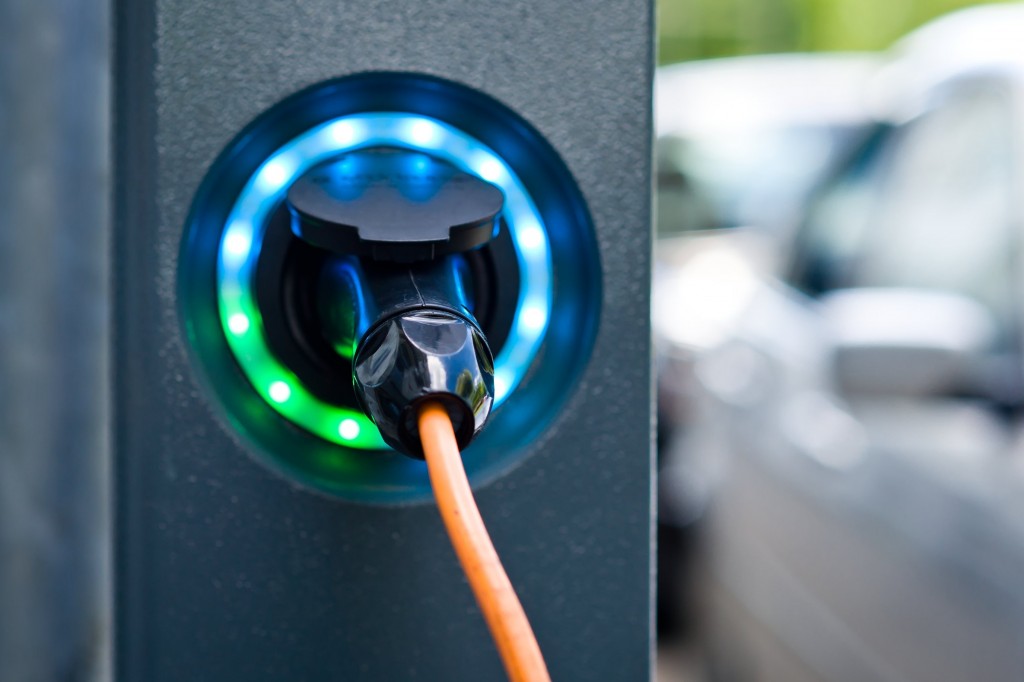Last April 2019, London introduced harsher emission regulations to reduce urban air pollution. Dubbed the Ultra-Low Emission Zone, the program encompasses central London — extending to inner London by 2021. Vehicles that don’t meet the standard will be charged with a daily fine. Older vehicles might be in trouble — but you can take measures to reduce your car’s emissions to a minimum.
Congestion Charge Zones
Under the new regulations, vehicles must be tested under stricter emission standards to undergo registration to drive through congestion charge zones. Untested and unregistered vehicles that are recorded/photographed will receive a penalty charge notice (PCN). Drivers can opt to pay the fine or dispute it by having their vehicle tested and registered. Fines are £12.50 per day for most vehicles (including motorbikes) and £100 for heavier vehicles (over 3.5 tonnes). Birmingham and Leeds will introduce a similar scheme within the year. Bristol, Cambridge, Cardiff, Derby, Edinburgh, and Newcastle also expressed interest in the program, but have yet to set a schedule for implementation.
Reduce your Car’s Emissions
If your car was made before the Euro (5) emission standards (2009) — it’s more likely to fail emission testing. However, you can maximise its chances of passing with a visit to the auto shop and maybe a fuel change. One of the reasons your car is belching smoke might be dirt and deposits that have accumulated in your engine through the years. A full engine cleaning in a shop (or maybe at home if you have the right cleaning solutions) can remove the nasty deposits and get your engine to run more efficiently. Get regular tune-ups and make sure they replace the air filters. If you drive a classic (cough, older) car, you might want to check if its catalytic converter is still working correctly. Catalytic converters convert toxic carbon monoxide and unburned hydrocarbons into harmless carbon dioxide and water. They can be quite expensive to replace, and a wrecked converter will usually mean its time to replace your car. Catalytic converters take time to heat up — so spend a few minutes driving before entering a congestion charge zone. Switching to more expensive fuel might also do wonders. Premium fuel came with additives that clean your engine — minimising deposits that reduce its efficiency.
Don’t Switch to an Electric Just Yet

While an electric car will give you a pass on car emission regulations — don’t switch to one if the environment is your primary concern. The carbon footprint of producing an electric car is 30-60 per cent larger than a standard vehicle — amounting to 2-4 more tonnes of carbon. You would need to drive an electric car for 150,000 kilometres (roughly 10-15 years of continuous driving) before it even makes up for the additional carbon used in its production. Electric cars also make no sense in the UK. While Scotland and Ireland are bastions of clean energy — the whole of the UK still relies on fossil fuels for 80 per cent of its power production.
Don’t give up on your car just yet. Take measures to reduce its emissions — because the best thing you can do for the environment is to keep driving your old car until its final sputters.


